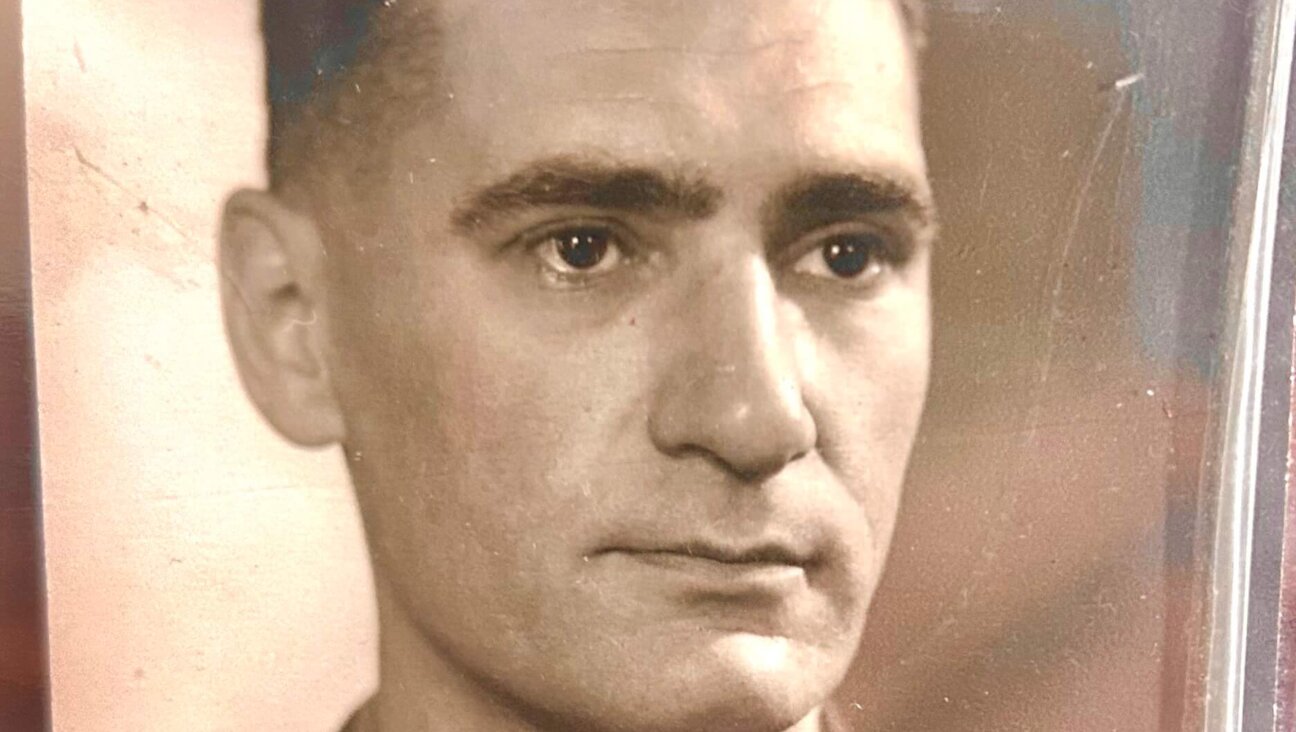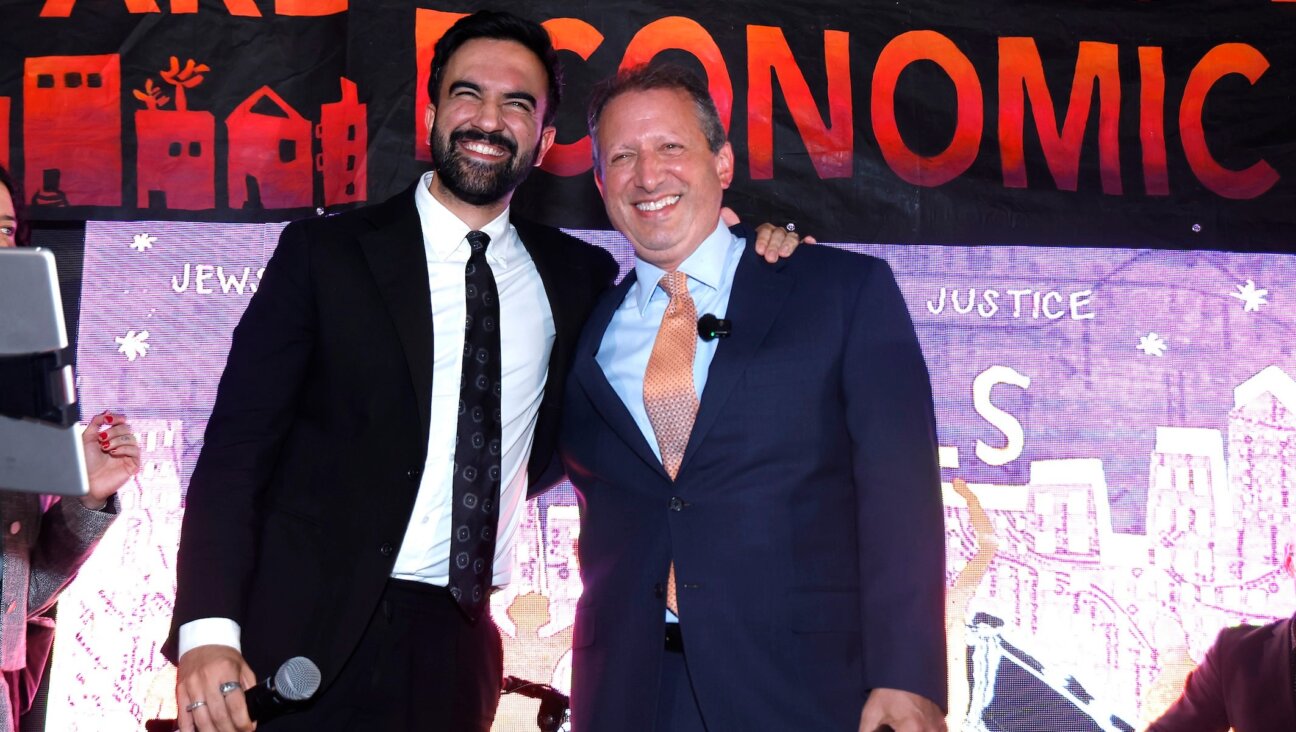Troubled JCC Association in Fresh Disarray With Surprise Departure of CEO

Graphic by Angelie Zaslavsky
The sudden departure of the new executive director of the umbrella organization for Jewish Community Centers across North America is raising questions about the future of the troubled group.
Stephen Hazan Arnoff’s resignation from the helm of the Jewish Community Center Association of North America, first reported , comes just 14 months into his 18-month contract with the organization.
Arnoff’s quirky downtown sensibility appears to have failed to mesh with the JCCA, which has struggled increasingly in recent years with high staff salaries and rolling defections among its membership.
Arnoff declined to speak to the Forward. Stephen Seiden, who heads the JCCA’s board, did not respond to a request for comment. In a letter sent March 11 to the JCC heads, Seiden announced that Arnoff was “resigning effective immediately.” The letter said that Arnoff’s decision was “personal” and had been “received by the board with regret and understanding.”
Arnoff, 46, inherited an organization in crisis in February 2015. His predecessor, Allan Finkelstein, had been the group’s executive director for twenty years. Finkelstein was among the highest-paid Jewish communal executives in the country, earning $536,000 in 2014.
Other salaries at the JCCA were also high. The group’s 2014 tax returns list 11 employees earning over $196,000, in a year in which the group’s entire staff consisted of only 72 people, and its budget was just $13 million.
By comparison, the Jewish Federations of North America, an umbrella group for Jewish federations, also reported nearly a dozen executives earning more than $196,000 in its latest tax returns, and yet had expenditures of $132 million and a staff of 151.
In the meantime, a number of JCC’s have dropped out of the association. Of the 24 JCC’s in the New York metropolitan area, only eight or nine are still members of the JCCA, according to Frank Hassid, executive director of the JCC on the Hudson in Tarrytown, New York, and the head of an informal group of New York-area JCC executives.
“There’s been an attrition over the last couple of years,” Hassid said. “If you have limited resources, can you expend those dollars on dues, when you are not necessarily able to wanting to take advantage of what the JCCA has to offer?”
Arnoff was hired to help the organization change course. A former head of the 14th Street Y in Manhattan, he had moved to Israel in 2013 to take a position at Shalem College, the liberal arts school school that grew out of a hawkish think tank closely associated with the Netanyahu administration. Arnoff was selected for the job by Alan Solow, then the head of the JCCA’s board, and a former chair of the Conference of Presidents of Major American Jewish Organizations.
Solow praised Arnoff in the letter to JCC executives announcing his departure. “Stephen Hazan Arnoff met the expectations of the search,” Solow said. “His departure is a disappointment.”
Throughout his tenure, Arnoff wrote an offbeat newsletter called “Sounding Board” in which he riffed on pop music and the activities of the JCCA. In his last newsletter, Arnoff wrote a “primer for Dylan studies, A-Z” — a paragraph about one Dylan-related phrase for each letter in the alphabet — which he tenuously connected to the launch of a new early childhood education program.
Another newsletter sent in January, Arnoff seemed to compare the board of the JCCA to Bruce Springsteen. “If you know Bruce like we know Bruce, then you know that he is all about relationships, too,” Arnoff wrote. “Bruce believes in searching for the ties that bind people together toward the greater good, even when conditions are hard. No matter the weather, those ties that bind are at the heart of our vision, too.”
Reached via email, Arnoff declined to discuss his departure. “We shared a vision that people believed in,” he wrote in a statement to the Forward. “I hope it will ultimately come to fruition. The possibilities for JCCs are endless, and it’s been a privilege to serve them.”

















